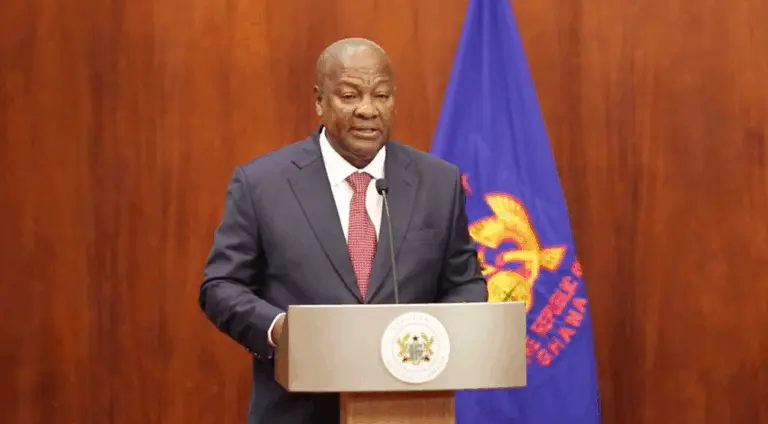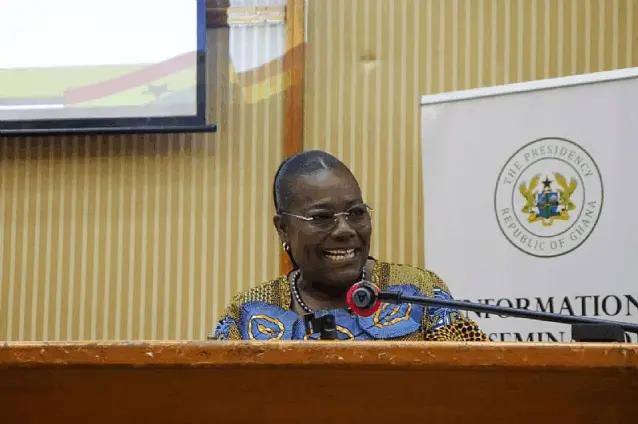The Ghanaian Cedi’s recent rise against the US dollar has spurred widespread discussion, with various factions claiming responsibility. However, a closer examination reveals a complex interplay of factors driving this appreciation. This analysis aims to disentangle the contributing elements, moving beyond partisan narratives to provide an objective assessment grounded in available data. We will explore the roles of the “Gold for Oil” policy, the Ghana Gold Board (GoldBod) initiative, and external influences, with a particular focus on distinguishing between the “Gold for Oil” strategy and the broader “Gold for Reserves” approach. Understanding these nuances is crucial for comprehending the true drivers of the Cedi’s performance and avoiding simplistic explanations. The strength of the Ghanaian Cedi is tied to many factors, including the price of oil.
To appreciate the Cedi’s current trajectory, it’s essential to differentiate between two key strategies: “Gold for Oil” and “Gold for Reserves.” The former is a specific policy initiative, while the latter represents a long-standing practice in central banking.
The “Gold for Oil” policy, championed by the Akufo-Addo administration, was conceived as a targeted solution to fuel price volatility. Its core objective was to reduce Ghana’s dependence on foreign currency for the importation of oil. The mechanism involved the Bank of Ghana purchasing gold from small-scale operators using Cedis. This gold was then sold for US dollars, which were, in turn, used to procure oil. In some instances, gold was directly swapped for oil. This policy offered Bulk Distribution Companies (BDCs) a vital alternative to relying solely on US dollars for fuel imports, directly addressing a critical pain point in the energy sector.
In contrast, “Gold for Reserves” represents a broader and more enduring financial strategy. Central banks, including the Bank of Ghana, employ this approach to manage a nation’s foreign exchange portfolio. The goals are multifaceted: maintaining a stable exchange rate, providing a reliable store of value, buffering against inflation, diversifying investments, and hedging against potential financial instability. Unlike “Gold for Oil,” which was a specific intervention, “Gold for Reserves” is a continuous policy that predates and runs concurrently with the former.
The “Gold for Oil” policy, despite its initial promise, faced significant headwinds. Dr. Johnson Asiama, former Deputy Governor of the Bank of Ghana, ultimately suspended the policy due to a confluence of factors, including implementation hurdles, operational complexities, and, crucially, financial losses incurred by the state. It is important to note that while “Gold for Oil” was suspended, the broader “Gold for Reserves” policy remains an active component of Ghana’s financial management strategy.
So, what truly propelled the Cedi’s recent appreciation? The answer lies in a combination of factors, some stemming from policy decisions and others from external economic forces.
A significant portion of the Cedi’s gains can be attributed to policy reforms and economic management strategies, including those implemented by the previous Mahama administration. According to some analysts, these earlier policies laid the groundwork, contributing an estimated 50% to the recent appreciation. The current government’s fiscal reforms, particularly those undertaken within the framework of the Ghana-IMF program, have also played a crucial role. The restoration of the $3 billion IMF Extended Credit Facility has boosted economic confidence, further strengthening the Cedi. As one analyst stated, “Akufo-Addo’s government contributed 25% to the recent appreciation of the Cedi.”
Ghana’s debt restructuring program, initiated in 2022, has provided much-needed breathing room. As Hon. Dr. Ato Forson noted, “The government commenced the debt restructuring programme in 2022 to restore debt sustainability and economic stability…the restructuring process is approximately 93 percent completed.” This restructuring, by alleviating immediate financial pressures, has indirectly supported the Cedi.
Beyond domestic policies, favorable global economic conditions have also contributed to the Cedi’s rise. These include the US-China trade tensions, from which Ghana has benefited, and the general weakening of the US dollar against other currencies. The interventions by the Bank of Ghana, such as the injection of $490 million in April 2025, have provided further support. High world market prices for Ghana’s key exports, gold (around $3,400 per ounce) and cocoa (approximately $10,000 per ton), have also bolstered the Cedi. Even the Ghana Gold Board (GoldBod), despite initial reservations, has contributed to the positive economic climate through its operations. Furthermore, S&P Global Ratings’ recent upgrade of Ghana to CCC+ has signaled improved economic prospects.
Finally, while the “Gold for Oil” policy garnered significant attention, its actual contribution to the Cedi’s appreciation has been relatively small, estimated at only 0.5-1% of the overall impact. This highlights the importance of considering the broader range of factors at play.
To ensure the sustained appreciation of the Ghanaian Cedi, the UP Tradition Institute recommends several key measures:
- Enactment of a “Ghana Gold Reserve Act” under the Bank of Ghana’s supervision.
- Establishment of an “Exchange Stabilization Fund (ESF)” under the “Ghana Gold Reserve Act.”
- Amendment of the Foreign Exchange Act, 2006 (Act 723) to grant the President authority to establish the gold value of foreign currencies.
In conclusion, the recent strengthening of the Ghanaian Cedi is a multifaceted phenomenon, driven by a confluence of policy reforms, global economic trends, and strategic interventions. While the “Gold for Oil” policy aimed to stabilize fuel prices, its overall impact on the Cedi’s appreciation was limited. Looking ahead, Ghana should prioritize the implementation of the recommended measures to foster long-term stability and growth, thereby solidifying the Cedi’s position in the global market. A comprehensive understanding of these interconnected factors will empower stakeholders to make informed decisions, sustaining and amplifying the Cedi’s gains for a more stable economic future. The strength of the Ghanaian Cedi depends on understanding the contributing factors.
Image Source: MYJOYONLINE





















